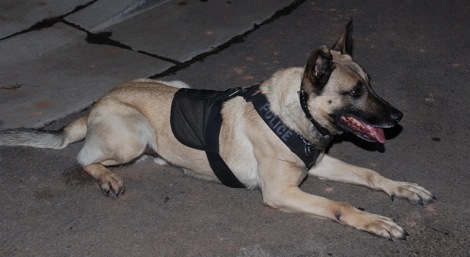
Check out the other articles and opinions in our K-9 Drug Search series.
Opinion
Let’s all close our eyes and do a thought experiment. Let’s pretend that there is a new imaginary drug that is rampant on our campus. About half of the student body has tried this drug at least once, and many are bringing it into school. This drug really is the absolute worst substance in the world. It is dangerous, incredibly addictive, and easy for kids to get their hands on. It will very likely destroy your life if you try it.
Now, if Wayland were actually faced with such a problem, how do you think the school administration would try to address it? Perhaps they would drastically reduce the freedoms of students, not allowing them to walk the halls or leave campus without a pass. Or maybe they would go a step further and have police patrol the school grounds, looking for trouble. But how pathetic would it be if the only response to this drug crisis was to bring in K-9s to search cars, while virtually all the students knew about it days beforehand?
The drug search was an irrational response to drug use on campus. Bringing in a K-9 unit only means that we have a drug-free parking lot until the dogs leave. This is very different from having a drug-free school, let alone a drug-free community. Making students keep their drugs at home for a short period of time doesn’t mean that somehow they will stop using out of fear of getting caught, much less have a change of heart and stop using because they understand it is bad for them.
In an interview with WSPN, Principal Patrick Tutwiler said of the search, “It’s symbolic. It’s kind of like the state trooper who’s sitting on 128, right? So, you’re going 70 miles an hour, the speed limit’s 65, you see the state trooper, what do you do? You slow down, right?”
Naturally you slow down, but if you like going fast, you’re going to speed up the moment the cop is gone and go back up to 80 mph. It should be obvious to the school administration that this search is purely a temporary deterrent.
All of the school’s decisions exist under an assumption that there is a serious drug problem among the student body. “ We continued to experience drug-related issues on campus. And that’s a problem, it’s one that stares us right in the face, and I refuse to blink. I refuse to get used to it, I refuse to tolerate it. You – meaning all the students – deserve better than that,” Tutwiler asserted.
[adrotate group="2"]
On this point I will admittedly concede my own ignorance. I don’t know all the individual instances of drug use on campus beyond what I have heard from rumors. Furthermore, I must commend Principal Tutwiler for his insistence on hearing the opinions of all the students. Immediately after the search ended, he canvassed the Commons asking for students’ opinions. It demonstrated an uncommon respect for students and was a smart diplomatic move.
If we could return back to our thought experiment for second, though, let’s make another assumption. Let’s assume that the dog search was in fact an overwhelming success, with dogs finding drugs in several cars. The question needs to be asked: if we find drugs in a kid’s car, what happens?
I see two distinct scenarios possibly playing out if drugs are found. If extremely serious, hard drugs are found, then that means the school administration has found a problem, but hasn’t necessarily made it better. The Massachusetts drug policy can vary greatly between the exact substance, the amount of drugs possessed, and the age of the person who posses it, but I have an extremely hard time envisioning a scenario in which Mr. Tutwiler’s involvement could somehow help this kid.
Finding hard drugs in a student’s car would only serve to humiliate him or her in front of the whole community, not actually address the underlying addiction. Not to make light of the dangers of substance abuse, but if a kid is truly struggling with an addiction, the solution lies in the hands of parents and friends, not the school administration.
The second, and far more likely, scenario is that marijuana would be found. I am fairly confident based on common knowledge that the overwhelmingly most popular drug used by students is marijuana. The nation’s, and apparently this school’s, policy on marijuana has been locked in a broken record rationale that marijuana is bad, because it’s bad, because it’s bad, because it’s bad.
I think the school administration sees marijuana to be so bad that they never stopped to consider the radical idea that maybe , it isn’t the end of the world if a student decides to smoke it either at home or on campus. Marijuana is just a plant that produces a short feeling of euphoria when smoked. It can’t kill you, it isn’t strongly addictive, and it doesn’t even necessarily make you give up your dreams for the future, seeing as our country’s last three presidents likely tried it at least once.
I am not suggesting that somehow the school should claim that state and federal laws are void on school grounds, nor am I advocating the use of marijuana. However, I am hard-pressed to find a way that another kid’s decision to get high in his parked car could possibly affect me or anyone else. In the previously mentioned interview, Mr. Tutwiler alluded at many points to a drug problem on school, but the evils of drugs seemed so self-evident, that he never felt the need to justify that what was happening was actually a serious problem.
Ultimately, the search by itself wasn’t really a big deal, deceptively non-controversial. It was brief, perfectly legal, and minimally invasive. However, it does carry symbolic significance for the distinct absence of critical thinking that marks our public discourse on drugs. I hope the students of Wayland can look below the surface.
Want to hear other sides of the argument?
Check out the other articles and opinions in our K-9 Drug Search series.
The views of the author don’t necessarily reflect the views of WSPN, Wayland High School, or the Town of Wayland. The opinions in this commentary are strictly the author’s own personal views.


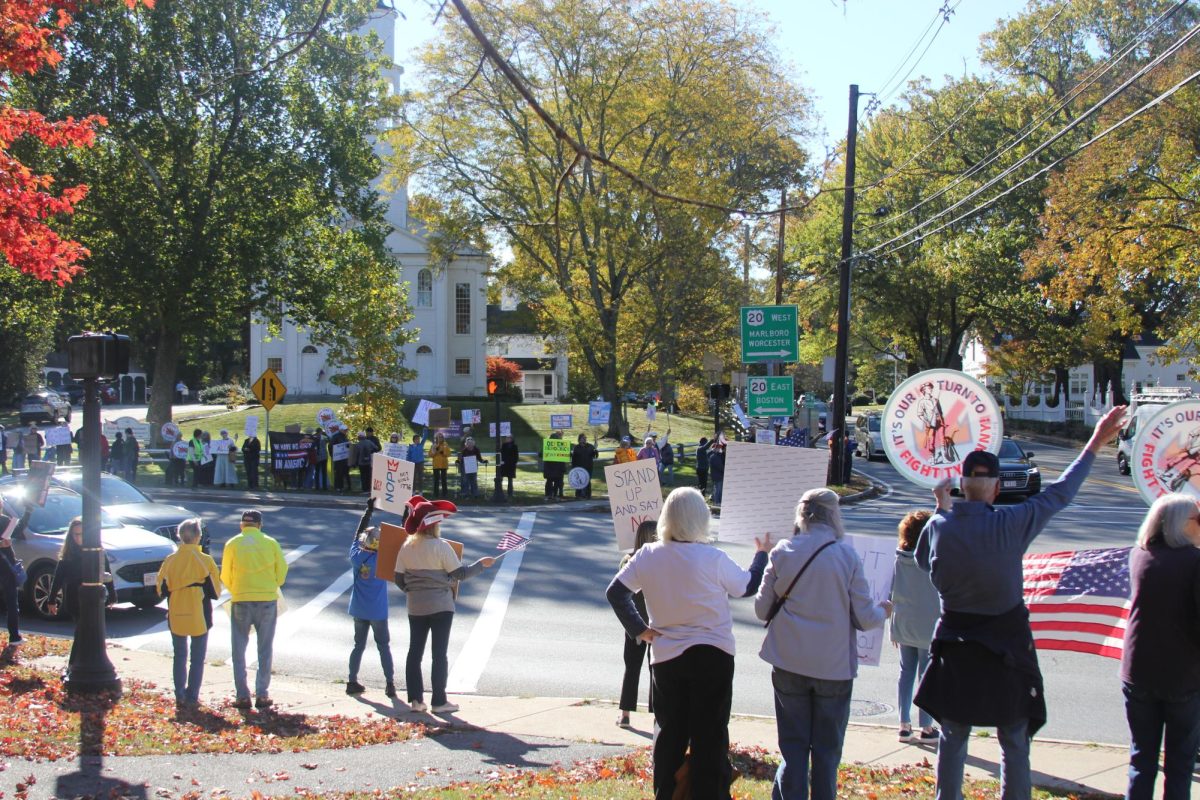









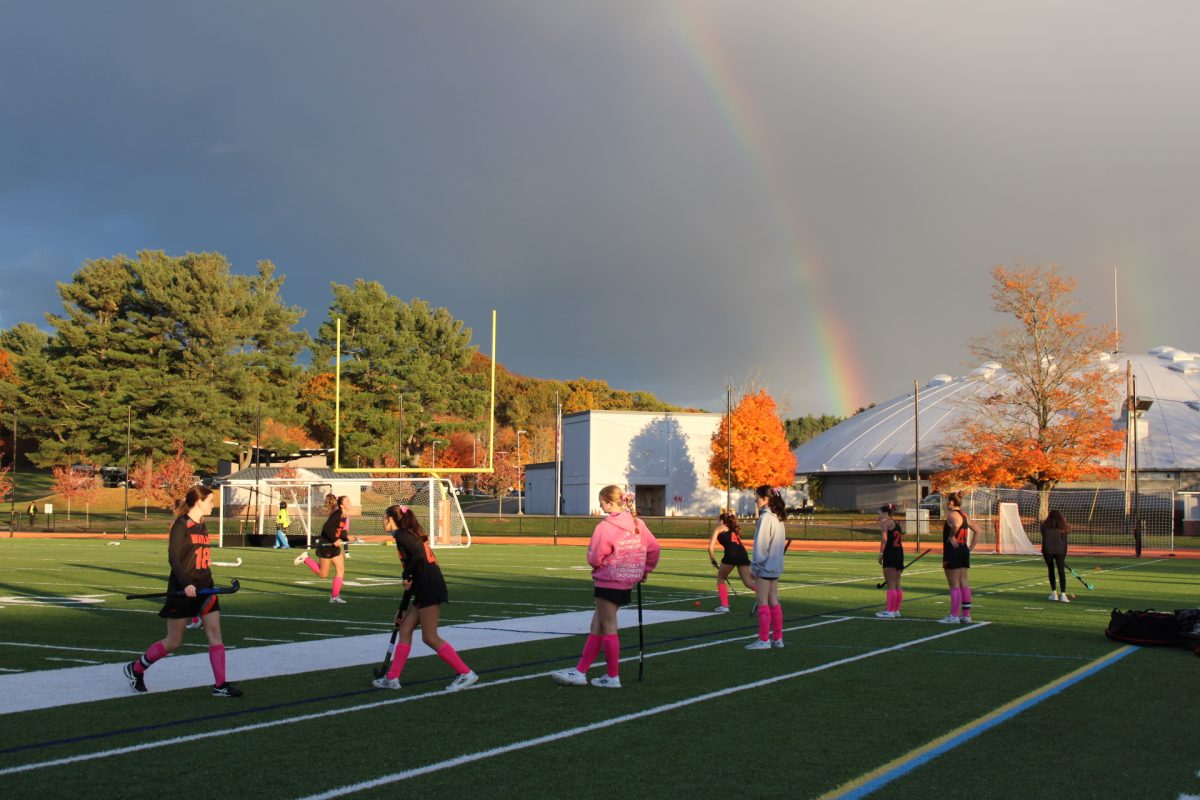


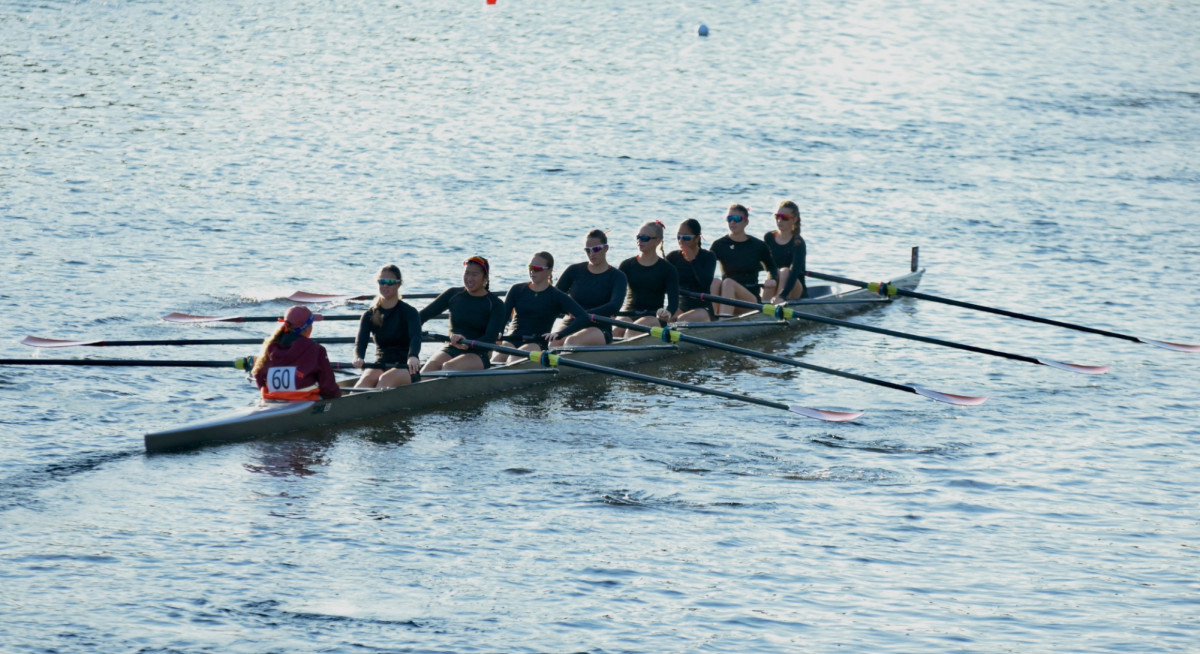












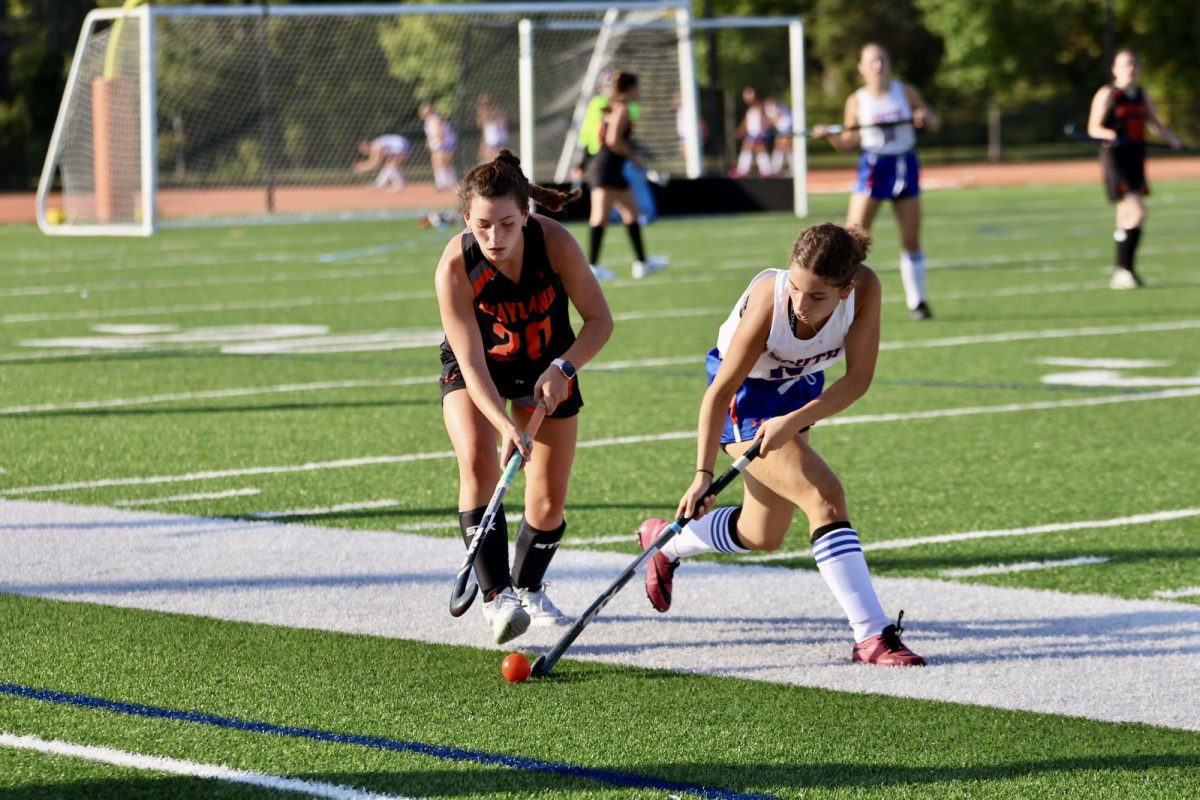

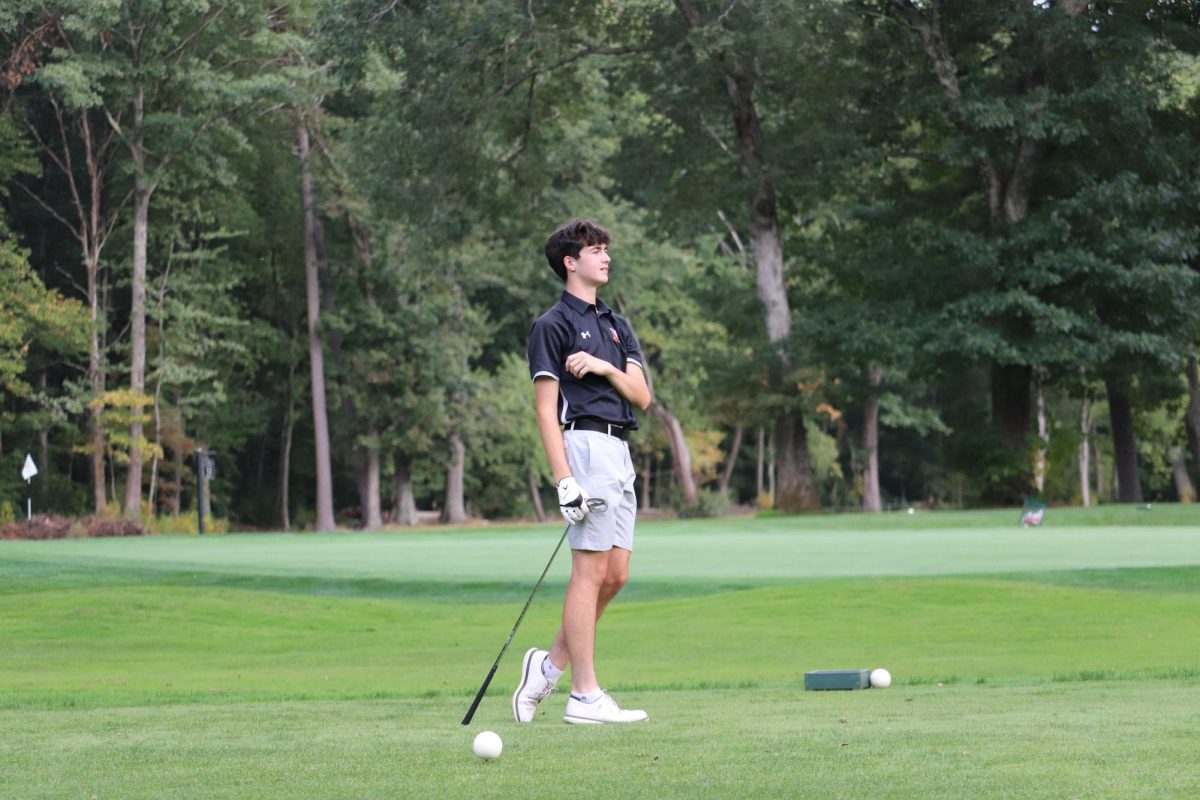
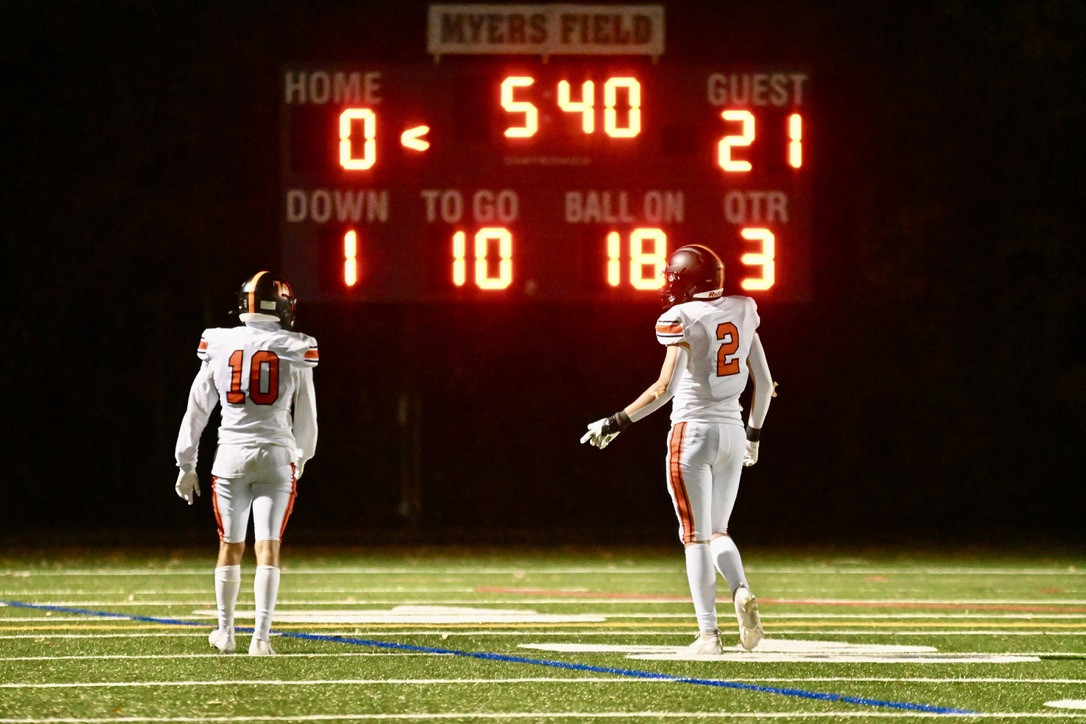


Rebecca • Jan 9, 2010 at 10:41 PM
Well, one problem with smoking dope in one's parked car is that the plan is probably not to remain parked, so now you have an impaired driver. That certainly can have a tremendous negative impact (quite literally) on the rest of the student body, faculty, staff, or whoever is also on the road and/or sidewalk at the time (ask Anthony Galluccio, former MA state senator – yes, his drug-of-choice is alcohol, but the bottom line is that driving under the influence of a substance that degrades judgment and reaction time is bad because it's bad).